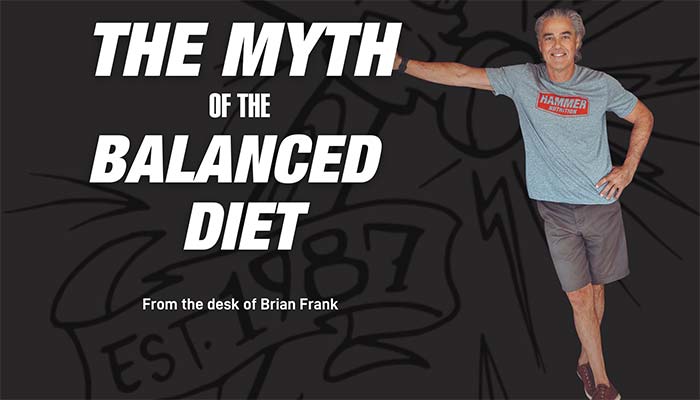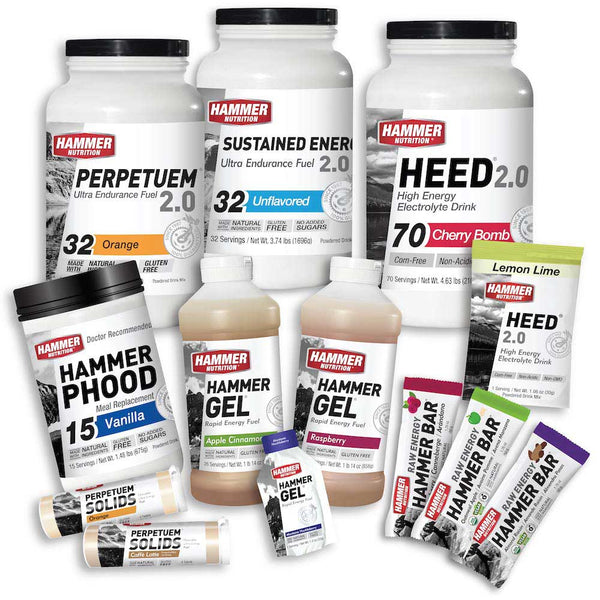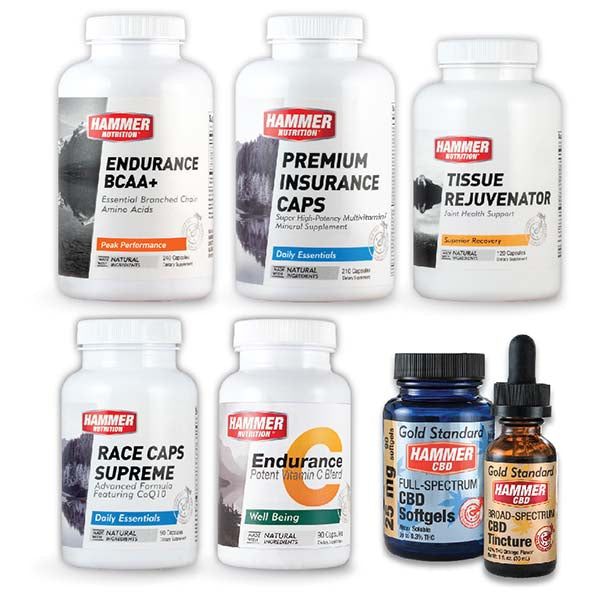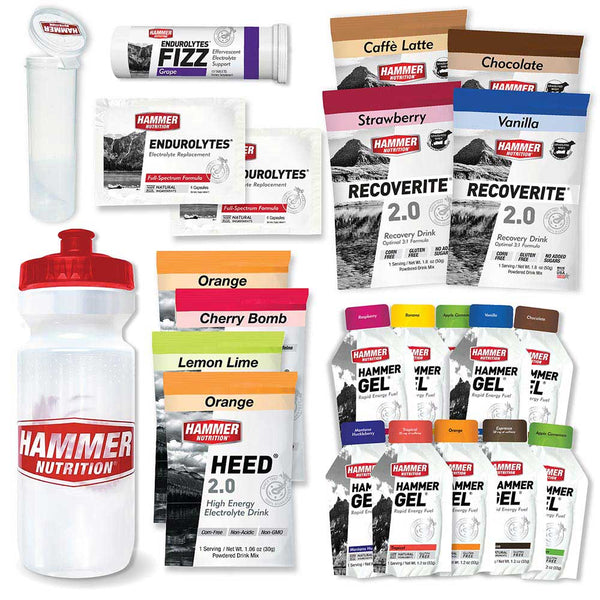BY STEVE BORN
In the summer of 2020, a remarkable study was published in the journal Nutrients [1], and to this day it remains one of the most important studies I’ve seen in many years, especially given the routine bashing of vitamins, minerals, and supplements in general in mainstream media. In fact, because the results were nothing short of jaw-dropping, I asked Brian to review the research to see if I was somehow misreading/misinterpreting the results. Turns out that his understanding of the results was exactly the same as mine. Here’s what this particular study found (and you should find this just as jaw-dropping as Brian and I did)…
- Compared to study participants taking a placebo, the participants who took a multivitamin/mineral supplement had a 60%+ reduction in the number of sick days!
- Those same participants who did end up getting sick reported fewer and milder illness-related symptoms, than the non-vitamin/mineral group!
3+ years later and these results remain nothing short of awesome; this really is some of the most amazing research I’ve come across!
Maintaining a strong immune system should ALWAYS be a major focus in our daily lives, and the health challenges and stresses of the past few years have truly emphasized just how razor-shard that focus needs to be. Add to that the seasonal changes—shorter days/less sun, which means less vitamin D, colder temperatures and wetter conditions for most of the country—and taking care of your immune system simply cannot be ignored.
While there are many things that we can do to help promote strong immunity—getting adequate sleep and reducing stress are just a couple—the first step is always the consumption of a diet dominated by nutrient-dense whole foods. However, as important as eating healthy is, that alone will not suffice. To achieve your best performances in your workouts and events—and, even more importantly, enjoy optimal health, which, as this study’s results show, could very well mean fewer sick days—then daily supplementation is a necessity, not an option.
STUDY HIGHLIGHTS
- It involved healthy participants between 55 and 75 years of age.
- For 12 weeks, one group received a daily multivitamin/mineral supplement, while the other received an inactive placebo.
- Before and after this period, researchers measured the participants’ blood vitamin/mineral status and various markers of immune function.
- At the end of the study, the researchers noted that the participants who took the multivitamin/mineral supplement experienced an average of 2.29 sick days, while the placebo group averaged 6.43 days of illness.
- It was also noted that the multivitamin/mineral supplement group experienced fewer illness symptoms than the placebo group and that those symptoms were noticeably milder.
In the published report, researchers made some notable comments:
“Since multiple nutrients support immune function, older adults may benefit from multivitamin and mineral (MVM) supplements.” [2]
“Generally regarded as safe and readily available over the counter, dietary supplements have been used with few significant side effects in clinical studies.” [3]
“Although conflicting and contradictory studies exist, there is evidence suggesting that dietary supplementation with a combination of immunity-related micronutrients supports immune function and reduces risk or severity of infection. [3]
“Indeed, targeted supplementation with these vitamins and minerals may provide additional protection at doses higher than the U.S. recommended dietary allowance (RDA). [4]
THE SOLUTION: HEALTHY DIET + PREMIUM INSURANCE CAPS
We have never deviated from our position that consuming the healthiest possible diet is top priority; our battle cry has always been “the quality of the calories you consume always matters.”
This means:
- Eat whole grains and locally grown organic fruits and vegetables as much as possible.
- Avoid processed seed oils.
- Avoid processed foods/junk foods at all times.
- Consume low-sodium, minimal-to-no simple sugars (glucose, sucrose, fructose, etc.), and no artificial sweeteners, colors, flavors, or preservatives.
Still, as vitally important as consuming the healthiest diet is—primarily for the nearly countless health-benefiting phytochemicals that are found only in fruits and vegetables—research shows that food alone does not supply all the micronutrients we need to prevent deficiency, let alone achieve optimal health. We must supplement!
Every person—regardless of age, activity level, or dietary habits—will benefit greatly from the daily use of Premium Insurance Caps. Our potent multivitamin and mineral supplement contains Optimum Daily Intake amounts (not the bare-bones-minimum Recommended Daily Allowance or Daily Value amounts) of highly absorbable vitamins, minerals, and key auxiliary nutrients. Premium Insurance Caps is specifically formulated to fill in the gaps left by the modern diet. A couple daily doses of two or more capsules are a surefire way to ensure that you have what you need to help you stay healthy this fall, winter, and all year long!
REFERENCES:
[1] https://www.mdpi.com/2072-6643/12/8/2447/htm
[2] Maggini, S.; Pierre, A.; Calder, P.C. Immune Function and Micronutrient Requirements Change over the Life Course. Nutrients 2018, 10, 1531.
[3] Gombart, A.F.; Pierre, A.; Maggini, S. A Review of Micronutrients and the Immune System-Working in Harmony to Reduce the Risk of Infection. Nutrients 2020, 12, 236.
[4] Calder, P.C.; Carr, A.C.; Gombart, A.F.; Eggersdorfer, M. Optimal Nutritional Status for a Well-Functioning Immune System Is an Important Factor to Protect against Viral Infections. Nutrients 2020, 12, 1181.










3 comments
Can you please tell us how many participants were in the study?
———
Hammer Nutrition replied:
This was an admittedly small study that involved 42 individuals. Still, as all the participants completed the study and with high compliance, the results were sufficient for other researchers to make the positive comments they did (which are included in the article), and for the study authors to state, “The findings from this study are sufficient to inform our design for future studies on supplements and immune function.” – Steve Born
Eating whole grains is not healthy and should not be promoted any longer
———
Hammer Nutrition replied:
Hello George, thank you for your comment. We certainly do not promote eating wheat and other gluten rich and highly processed grains, however there are some out there that are not that bad in moderation – rice, buckwheat, millet and sorghum are examples of grains that most people tolerate well in moderation. BDF
Great information!